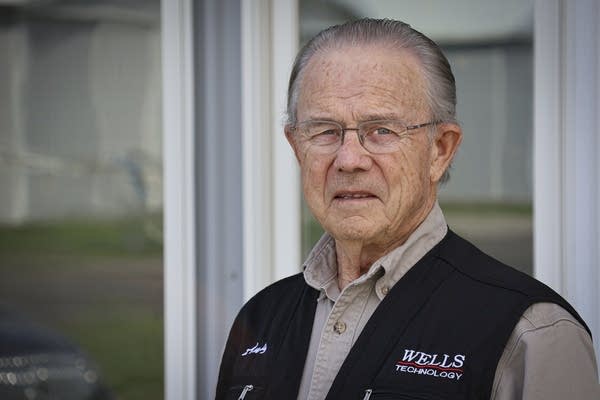Wells Academy founder creates spaces for Indigenous workers

Andy Wells worked as an educator for 20 years before founding Wells Technology in 1989.
Mathew Holding Eagle III | MPR News
Go Deeper.
Create an account or log in to save stories.
Like this?
Thanks for liking this story! We have added it to a list of your favorite stories.



